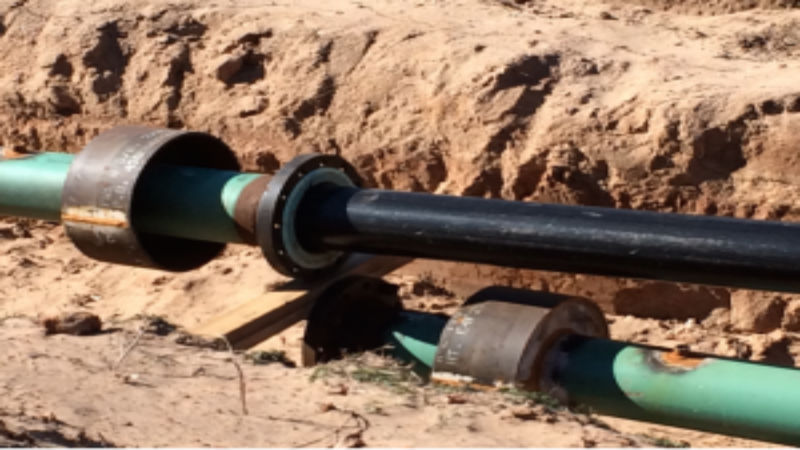When developing residential or commercial properties, it is visibly noticeable when contractors use extra reinforcements, safety precautions, and increased attention to detail on a property. pipeline contractors display the same carefulness when building infrastructure, whether the pipeline is above or underground.
A Variety of Markets
Pipeline contractors work within a variety of markets, so it important that each system is carefully constructed to ensure safety for individuals. For example, oil and gas pipelines need to be capable of gathering and transferring materials without leaking excess material, which could have negative side effects if absorbed back into the ground.
A second market served by these contractors is the municipal water industry. In comparison to oil and gas, it is less essential to worry about water leaking out of pipes, as it is to guarantee that unwanted or harmful materials do not enter into a community’s water supply.
Pipeline Contractors Enhance Structural Protection
After constructing these pipelines that transport necessary materials to people in an area, it is equally as important to assess the integrity of the structures. Pipeline companies strive to achieve reliable and functional structures, so corrosion protection and repairs are routinely managed.
One unfortunate result of pipeline infrastructure is that is will always be subject to various types of damage from chemical and biological processes. These natural occurrences will always influence this industry, but pipeline specialists have gained valuable tools and strategies to battle the physical decay.
An application of pipeline rehabilitation that is effective is installing polyethylene pipeline liners, which coats the pipeline with protective materials without the costly venture of replacing sections or entire structures. This trenchless technology is an innovative advancement that can correct water, sewer, and oil and gas pipelines without the risk of exposing a partial leak when digging it up.
Safety for Everyone
Most importantly, pipeline contractors work to instill, reinforce, and preserve pipeline structures. This protective service is essential for all individuals because communities revolve around water availability, and in many cases oil and gas. Providing these necessary resources is accompanied with the responsibility to distribute materials in a safe and harmless process. Accomplishing the task of reducing the risk of manmade, natural, or accidental leaks or breaks is a priority.






